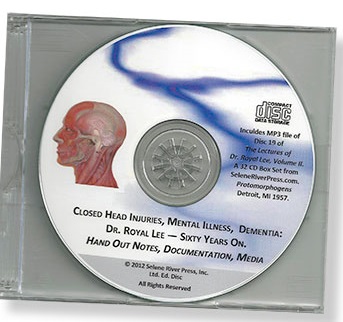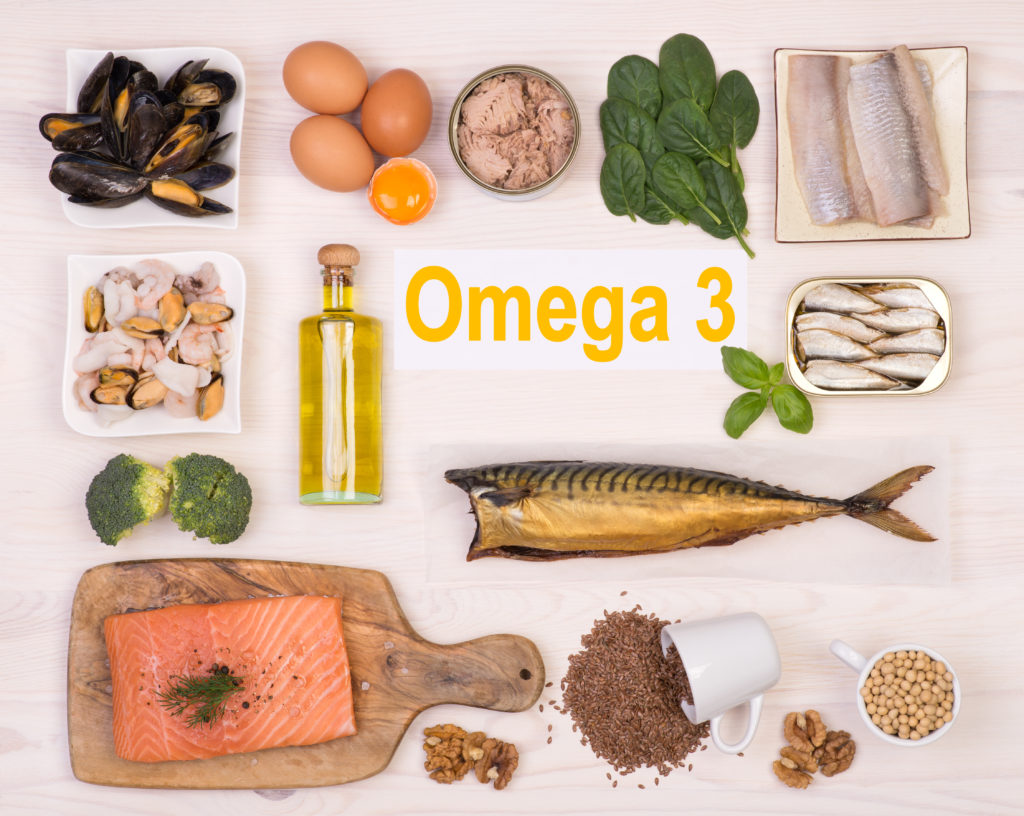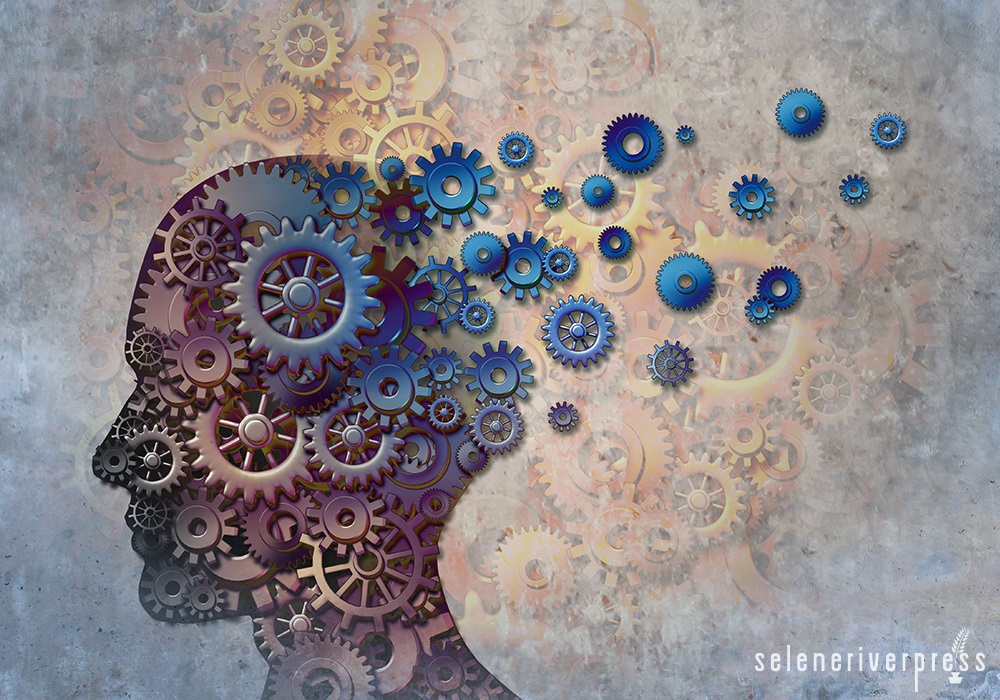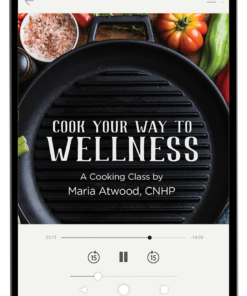Although my time for perusing the latest entertainment news is relatively limited, I nevertheless saw an article announcing that Ted Turner had been diagnosed with Lewy body dementia.
My first thought, after a genuine sense of sorrow for him, was to ask myself if the rest of us might be able to deter, prevent, or even heal from early onset dementia and avoid the death of our brain neurons?
In this and in other serious brain disorders and head injuries, the brain neurons and tissues slowly die off, as Mark Anderson, President of Standard Process West, details in his two-CD set Closed Head Injuries, which I will talk about below.
It’s unfortunate, but lack of knowledge can make many of us sitting ducks for a slow mental and physical decline that may have been quite preventable. After reading about Ted Turner, I was inspired to offer my own limited knowledge of this complex subject and also share some specific nutritional practices that can support recovery.
However, for a more in-depth explanation, I also recommended Mark Anderson’s Closed Head Injuries. You’ll find valuable information in these CDs on the aftereffects of head injuries, including dementia and other brain problems, as well as a discussion of many other types of brain disorders and how to mitigate, prevent, and/or heal them.
Thanks for the ear, and please note that I’m not paid to recommend any products. In this case I do so because I believe Closed Head Injuries is a must-have for any practitioner or layperson wanting a better understanding of brain disorders and how to treat them.
What Are Brain Neurons?
Neurons are those parts of the brain that primarily transmit information to other nerves, muscles, or glands. Lewy body dementia is generally characterized by forgetfulness and, as the condition progresses, many other common symptoms of brain disease.
Important Conclusions Regarding Brain Injury
As Mark Anderson notes in these CDs, Dr. Royal Lee concluded as far back as the 1950s that physical head trauma can lead to mental illness and early onset dementia—yet this has only recently become the current consensus among the medical community.
Closed Head Injuries also includes a gripping video from Mt. Sinai Hospital of homeless people, alcoholics, drug addicts, children with learning disabilities, athletes, and even many normal people who all developed dementia and or/other problems after a head injury. Many of these injuries were not diagnosed and treated properly at the onset, and they later presented themselves as serious brain problems. Anderson states that even whiplash or birth trauma can lead to serious head injury in the newborn.
Without appropriate treatment, the injury progresses to the end-stage autoimmune phase, and the body eventually produces brain antibodies, where the decaying cells leak

into the blood. These are then manifested in many forms, such as Alzheimer’s, Parkinson’s, multiple scoliosis, myasthenia gravis, no doubt Lewy body dementia, and yes, last but not least, even Down syndrome!
Below is Dr. Royal Lee’s Standard Process supplement protocol for brain damage and disorders. It’s worked extremely well in many cases to both mitigate and stop brain antibodies from leaking, therefore allowing the nutrition of certain other supplements to heal the damaged tissue. Because brain damage is a very serious condition, this protocol should be used under the guidance of a Standard Process practitioner who is thoroughly trained in their use.
Also, it’s very important that you do not purchase Standard Process products from online sources. As they are not licensed to be sold online, such products are black market. They may not have been stored properly or may be expired. Look for a competent practitioner in your area who carries and uses Standard Process extensively in their practice.
Standard Process Protocol for Brain Damage or Disorders
Neurotophin PMG. This product acts as a decoy in the blood to prevent the brain antibodies from reaching the brain. Of itself, it is not a cure. However, it’s essential to stop the damaging antibodies while you supply the essential nutritional healing supplements listed below. Though you’ll find the recommended dosages in Closed Head Injuries, it’s best to be tested for your individual needs by a competent practitioner.
RNA Ribonucleic Acid. This product promotes healthy cellular growth development and healthy cellular functioning. Additionally, it increases synthesis of the amino acids that increase heat and healing.
Cataplex G. Maintains nerve health and provides a calmative effect on the nervous system. Encourages healthy parasympathetic nerve function, supports healthy liver function, supports brain and nervous systems, supports the body’s metabolism and provides coenzymes and cofactors needed for cellular function.
Tuna Omega-3 Oil. Docosahexaenoic acid (DHA) and eicosatetraenoic acid (EPA) support normal lipid profiles already within a normal range. Supportive but not conclusive research has shown that EPA and DHA omega-3 fatty acids contribute to heart and brain health. Another option is Fermented Cod Liver Oil, which has the same effect.
Personal comment: Although I include other important nutritional suggestions below, I want to be clear that if you or a loved one is showing symptoms of a brain disorder, no amount of good food and water alone can do what the above therapeutic-grade whole food supplementation can do to mitigate or heal brain injury. It is essential to stop the brain antibodies while maintaining good hydration and a healthy anti-inflammatory diet (as shown below).
Dehydration and Brain Health
Of course, endless research has made it clear that water is a unique substance that does what no other beverage can do, as this quote from the article “The Lewy Body Roller Coaster” makes clear (emphasis mine):
“Maintaining adequate fluids rates high among those things that decrease dementia symptoms, right up there with exercise, good nutrition, adequate sleep and stress management—and it is probably the easiest to do. Good hydration facilitates blood pressure and body temperature regulation, heart function, digestion, elimination, skin health—and brain function.”
Inflammatory Foods Contribute to Brain/Body Inflammation
In a recent blog post about inflammatory foods (which I strongly suggest you read in its entirety), I list the food categories that are essential to include in our diet in order to preserve the overall health of our body and brain. Here they are again, for your reference:
Anti-Inflammatory Food Categories
- Cold water fish: Some of the best are salmon, sardines, tuna, and mackerel.
- Fruits: Nearly all fresh fruits are great choices, but berries top the list.
- Nuts: Crispy walnuts, almonds, and macadamia nuts are the best choices.
- Vegetables: Deep green vegetables offer a powerhouse of nutrition, as do other complex carbohydrates such as potatoes, squash, and carrots.
- Spices: My favorites are ginger and turmeric, used in cooking and as a remedy in tea.
- Whole organic grains: These include wheat, buckwheat, einkorn, emmer, and spelt.
Personal note: This is only a partial list of foods that qualify for an anti-inflammatory diet. All nuts should be made into crispy nuts, as shown in my DVD Cook Your Way to Wellness. Healthy cholesterol containing fats aren’t mentioned above, but they include lard from pastured hogs, tallow from grass-fed cows, duck and chicken fat from free-range hens, and butter. Cholesterol is a brain healthy food. Although coconut oil contains no cholesterol, it does contain anti-inflammatory substances that cross the brain barrier and therefore offers a nutritional benefit to brain health. Dr. Bruce Fife recommends 3–4 tablespoons. His book, Stop Alzheimer’s Now is an excellent reference for the best foods and many recipes not found anywhere else.
[xyz-ihs snippet=”Begin-Authors-Note”] Afterthoughts from the Traditional Cook
Maybe this article is just one of many that you have some interest in. Maybe you simply scanned it, or copied some key information and stuck it in your health folder, and then went on thinking to yourself: God willing, I won’t end up with dementia. If that’s the case, you’re already treading thin ice my friend, and I have a suggestion for you.
Go and look at some photos stored in that old box or on your phone. Gaze on those memories of your childhood, your wedding, your first grandchild, your greatest vacation. Then contemplate deeply that you might lose ALL of those memories if you don’t act to preserve your mental health! If possible, visit a nursing home and spend time with someone whose been afflicted with dementia. After that, read this blog post again—and yes, take out the notes from your health folder and live them!
Maria Atwood, CNHP
[xyz-ihs snippet=”End-Authors-Note”]Note from Maria: I am a Certified Natural Health Professional, CNHP, not a medical doctor. I do not diagnose, prescribe for, treat, or claim to prevent, mitigate, or cure any human diseases. Please see your medical doctor prior to following any recommendations I make in my blogs or on my website.
Images from iStock/wildpixel (main), Bojan89 (granddaughter with grandmother), ArtTim (water), photka (food).





